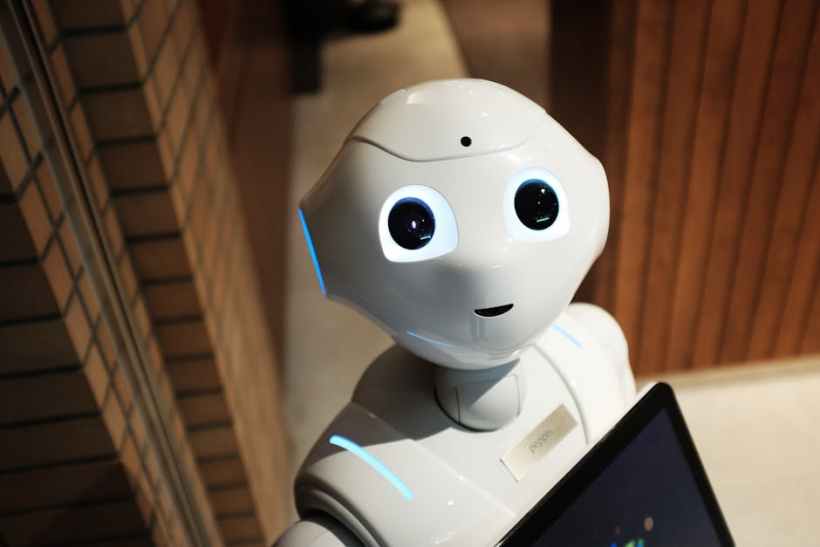According to NHK, on Friday, local timeJapanTokyo District Court Rules on Patentability of Device "Invented" by AI-- The court ruled that the patent should not be granted on the grounds that the inventor must be a human being..
It has been reported that a plaintiff residing in the United States applied for a patent for a device invented by an artificial intelligence, but the name of the inventor was "DABUS, an artificial intelligence that invented this product on its own". The Patent Office rejected the application three years ago, stating that "the inventor must be a human being".Plaintiffs appealed and filed suit to set aside the decision.

Image source: Pexels
In a recent decision, Tokyo District Court Presiding Judge Kijo Nakajima noted that the Basic Law of Intellectual Property defines an invention as "Products created by human activity". Even globally, many countries and regions are wary of the legal interpretation of "listing AI as an inventor".
The presiding judge also stated thatCurrent local patent laws "do not take into account" AI inventions.. "AI will bring about changes in the social and economic structure, which, as the law is currently interpreted, creates a number of problems. First and foremost, the legislation should be discussed with the expectation of reaching a conclusion as quickly as possible," he said, urging Congress to open a discussion on the matter.
Prior to this, the UK Supreme Court had made an almost identical ruling on a similar case. As previously reported by IT Home, in December last year, an American computer scientist lost a patent application for an invention created by his artificial intelligence system. The UK Supreme Court rejected his claim thatBecause according to UK patent law, the inventor of a patent must be a natural personThe scientist's lawyers said in a statement that the ruling established that the UK Patent Act is currently "totally unsuitable" for protecting inventions generated by AI. In a statement, the scientist's lawyers said the ruling established that the U.K. Patent Act is currently "wholly unsuitable" for protecting inventions generated by AI.Therefore, it is "totally inadequate to support" any industry that relies on AI to develop new technologies..